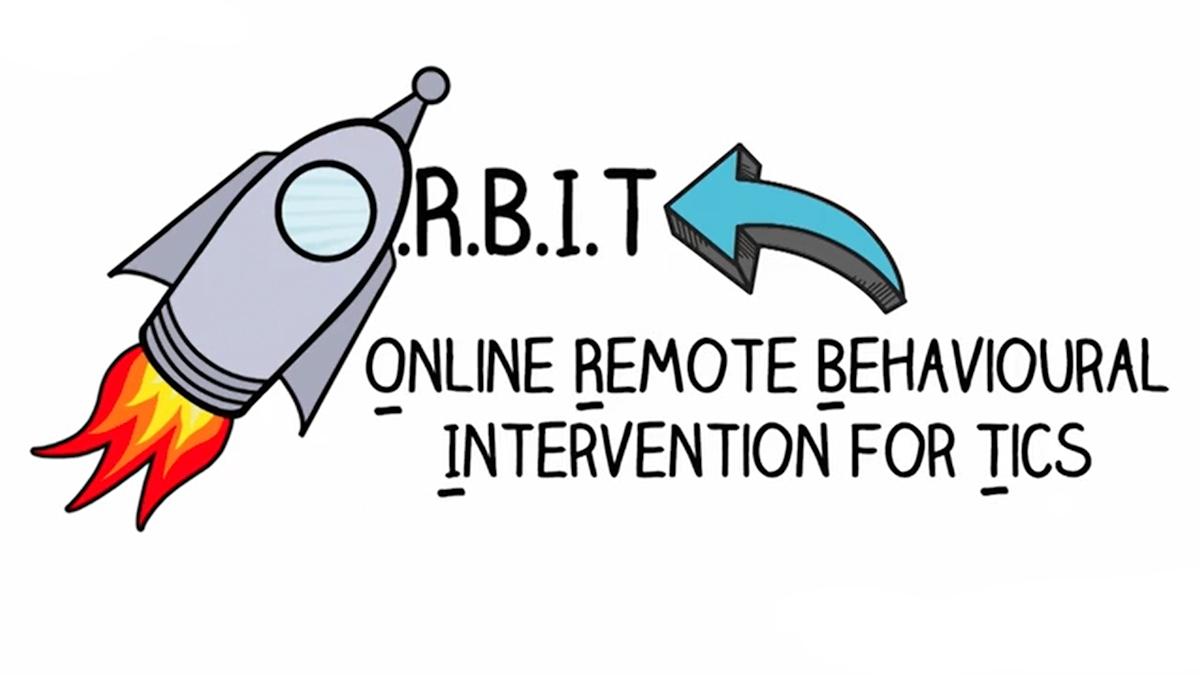Digital therapy for Tourette syndrome backed for NHS use

A digital therapy that could reduce the severity of chronic tic disorders like Tourette syndrome has been recommended for use by the NHS for the first time.
The technology, known as ORBIT (Online Remote Behavioural Intervention for Tics) and developed by researchers at the University of Nottingham, can be used by NHS patients for the next three years under a conditional go-ahead while further evidence of its efficacy is generated.
The new recommendation firms up earlier draft guidance that backed both ORBIT and another wearable technology called Neupulse to help patients manage tics – the fast, repetitive muscle movements that result in hard-to-control body movements or sounds that are a feature of Tourette syndrome.
Neupulse – a wristwatch-like device that delivers electrical pulses designed to reduce the amount and severity of tics – is being covered by a separate appraisal process by health technology assessment (HTA) agency NICE, as it hasn't yet been approved for use in the UK market.
The ORBIT decision marks the first time that a NICE committee has recommended a digital therapy for tic-causing conditions, which developers believe could also improve the user's ability to go about their everyday life.
The digital intervention can be accessed via a web browser and takes the form of an online guided self-help course - using videos, animations, and interactive scripts – that is targeted at children and young people aged nine to 17 years.
Users are supported by an online therapist or 'e-coach' across a 10-week programme to deliver a form of cognitive behavioural therapy (CBT) called exposure with response-prevention, which involves confronting the thoughts, images, urges, and situations that make a person anxious and provoke a tic.
In a large randomised control trial published in The Lancet, ORBIT was shown to be clinically effective, doubling the rate of important clinical improvement in tics, with durable benefits lasting for 18 months after the course was completed.
NICE's decision to back the digital therapy followed a survey of people with chronic tic disorders and Tourette syndrome, as well as their parents or carers, which revealed it can take up to two years to get a diagnosis and treatment options are very limited.
The first line treatment option in the NHS will remain psychoeducation, which combines the elements of CBT and education, with ORBIT offered as a second-line option after clinical assessment by a GP.
It is estimated that more than 300,000 children and adults in the UK live with a tic-causing condition, but less than 20% of children and young people currently have access to behavioural therapies.











